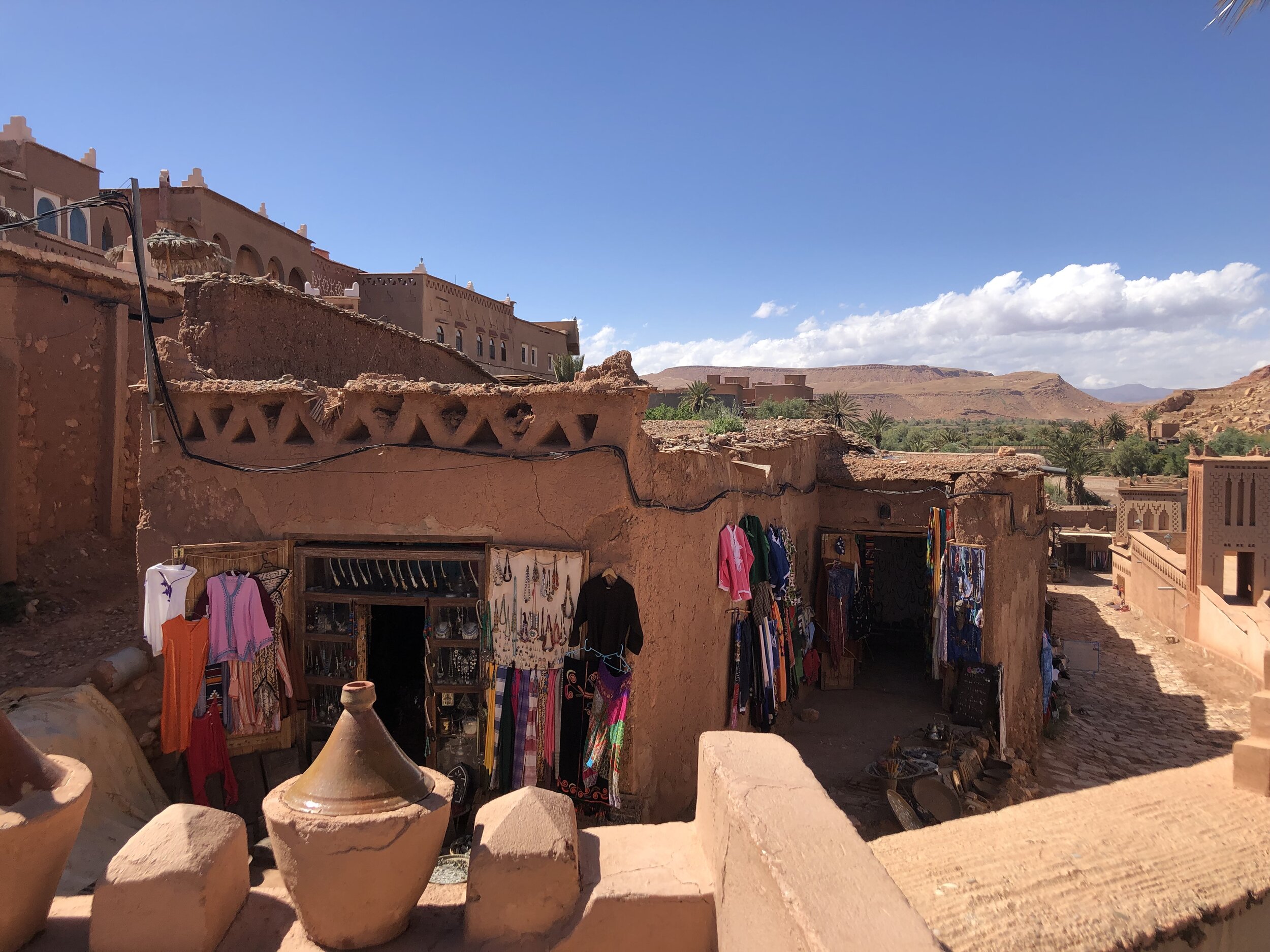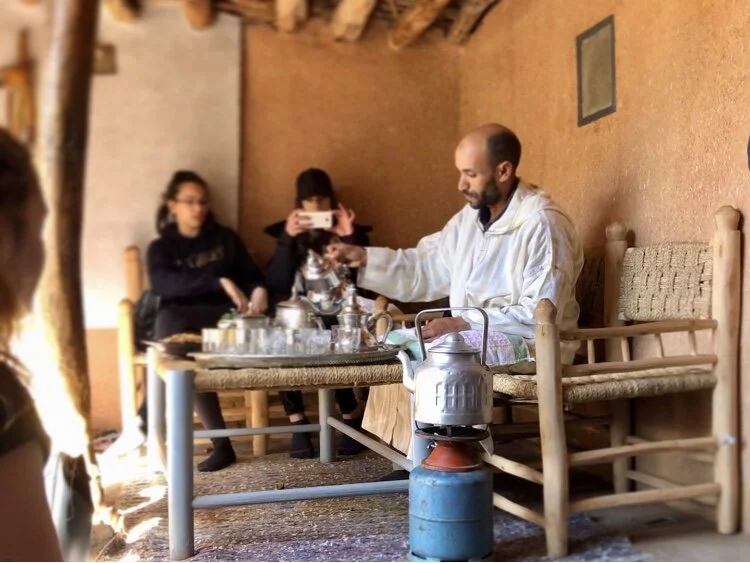It’s a vital migration highway that follows the Cocos Ridge connecting the Galapagos Islands, Ecuador with Cocos island, Costa Rica. One of our Make Travel Matter charity partners, Galapagos Conservation Trust (GCT) has been supporting the creation of the proposed Galapagos-Cocos Swimway protected area since 2018, by helping their science partners gather important evidence needed to drive forward the creation of this 240,000 km2 route, which is critical for conserving endangered Galapagos marine species.
Photo credit to Migramar
This May saw the launch of the 2021 Galapagos-Cocos Swimway expedition. It has an expert team of scientists gathering evidence to support the protection of this vital Swimway. They started in Costa Rica, travelled down to Cocos Island National Park and down the Swimway to the Galapagos Islands. Alongside this, GCT are running a virtual Swimway Challenge which is encouraging people to walk, run, swim, cycle or wheelchair the length of the Swimway whilst raising awareness and funds. We are signed up! 700 miles of swimming, (mostly) and cycling + walking. You can give here if you feel inclined!
The Galapagos Islands offer an enriching, once-in-a-lifetime opportunity to see various animals and marine life in their natural habitats. We send clients to the Islands, which were studied by Charles Darwin and inspired him with his Theory of Evolution, as well as visiting Ecuador. This image below though shows a different story, right?
Photo credit to Fu Yuan Yu Leng 999 in 2017 Galapagos National Park
The Galapagos Conservation Trust is one of our charity partners. As part of our Make Travel Matter campaign, we have supported them in various ways. Travel Matters have accepted the challenge and created a team for the Virtual Swimway. I am an avid fan of open water swimming and despite not being able to be in the Galapagos to support this project, I believe we can create more awareness about this crucial passage for the protection of the marine life. You can follow here on our fundraising page and support the team members who are swimming, walking and cycling the equivalent distance of 700 miles. I am making the most of my membership to the UK’s largest outdoor swimming pool - the Tooting Lido. Currently 13 degrees water temperature, you can’t stay in long but I’m totalling up the lengths with my team mates! My other team members are using Brockwell Lido and Charlton Lido - both in London. Please do support us if you can!
Tooting Lido, London - where most of my swimming is taking place.
Tourism is the largest employer on the Galapagos Islands making up over 80% of the economy. In 2019, over 270,000 people visited Galapagos. In 2020, this dropped to 72,000 – a massive 73% decline. Vital scientific research will be severely impacted because of the decline. The Galapagos Islands is a volcanic archipelago in the Pacific Ocean. It's considered one of the world's foremost destinations for wildlife-viewing. The incredible diversity of wildlife found in Galapagos is what makes this volcanic archipelago so very special.
We hope when international travel resumes safely from the UK and when people consider travelling to this breathtaking natural region of the world, that they will enquire about possible ways to support this vital work for generations to come.
And just to remind you, we are supporters of the Future of Tourism coalition, who’s Guiding Principles provide a clear moral and business imperative for building a healthier tourism industry while protecting the places and people on which it depends. Our participation of the Swimway Challenge is one clear demonstration of these principles.
Future of Tourism supporter













